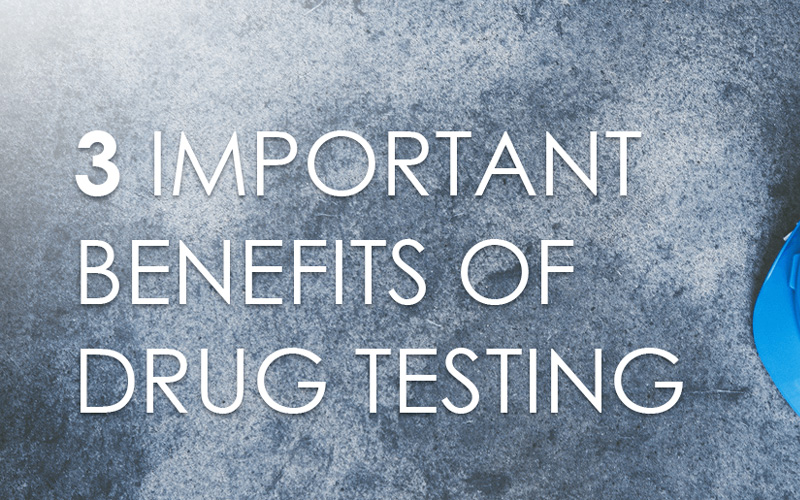LTG substance abuse testing is a crucial framework in identifying and addressing substance use disorders. With increasing concerns about drug and alcohol misuse, more organizations are implementing robust testing protocols to ensure safety and compliance. This article will delve into the intricacies of LTG substance abuse testing, exploring its significance, methodology, and implications in various sectors.
The Importance of LTG Substance Abuse Testing in Today’s Society

In an era where substance abuse has escalated to alarming levels, LTG substance abuse testing plays a pivotal role in mitigating risks associated with drug and alcohol misuse.
Recognizing the Scope of Substance Abuse
Substance abuse spans a variety of substances, including illegal drugs, prescription medications, and alcohol. The impact of these substances can be devastating, not only to individuals but also to families and communities.
By understanding the broader context of substance abuse, we can appreciate why testing is essential. It is not merely about punishing those who fail tests; rather, it focuses on facilitating recovery and promoting healthier lifestyles. Organizations that embrace comprehensive testing programs demonstrate a commitment to employee welfare and community safety.
Legal and Workplace Implications
Many sectors, especially those involving safety-sensitive positions, are required by law to conduct substance abuse testing. Failure to comply can lead to severe legal repercussions, financial liabilities, and reputational damage.
Employers must navigate a complex landscape of regulations and best practices. They should implement LTG substance abuse testing to create a safer work environment, reduce accidents, and enhance overall productivity. Testing serves as both a preventative measure and a tool for rehabilitation, showing employees that their well-being is valued.
Fostering a Culture of Accountability
Implementing LTG substance abuse testing fosters a culture of accountability within organizations. Employees are aware that their actions have consequences, which encourages responsible behavior.
Moreover, proactive testing helps destigmatize conversations surrounding addiction, allowing individuals to seek help without fear of repercussion. By normalizing discussions about substance use, organizations can create supportive environments that prioritize mental health and wellness.
Methodologies of LTG Substance Abuse Testing
Understanding the methodologies behind LTG substance abuse testing is essential to appreciate its effectiveness and reliability.
Types of Tests Available
There are several types of tests used in substance abuse screening, each with its specific application and effectiveness.
- Urine Testing: This is one of the most common methods due to its cost-effectiveness and ability to detect a wide range of substances. Urine testing can identify recent drug use and is often used in pre-employment screenings.
- Saliva Testing: Saliva testing has gained popularity for its non-invasive nature and quick results. It’s particularly useful for detecting recent drug use, as substances can be identified shortly after consumption.
- Hair Testing: Hair testing provides a longer detection window than urine or saliva tests. It can indicate drug use over a period of months, making it suitable for monitoring long-term patterns of substance abuse.
Interpreting the Results
Interpreting the results of substance abuse tests requires a nuanced understanding of the testing process.
False positives can occur due to cross-reactivity with certain medications or food items, making confirmatory testing necessary. For instance, some over-the-counter cold medications may trigger false positives for amphetamines.
Thus, it is crucial for organizations to establish clear protocols for interpreting test results and allow employees the opportunity to present evidence of legitimate medication use.
Ethical Considerations and Privacy Issues
While LTG substance abuse testing is essential for safety and compliance, ethical considerations must be taken into account.
Organizations must respect employee privacy and ensure that testing procedures are transparent. Clear communication regarding what substances will be tested and the ramifications of positive results can help mitigate anxiety among employees.
Additionally, establishing support systems for individuals who test positive—such as access to counseling and rehabilitation services—demonstrates an organization’s commitment to employee welfare.
Challenges and Limitations of LTG Substance Abuse Testing
Despite its benefits, LTG substance abuse testing faces several challenges and limitations that need to be addressed.
Stigma Surrounding Substance Use
One of the biggest challenges facing LTG substance abuse testing is the stigma associated with addiction. Many individuals fear that testing will lead to ostracization or job loss, discouraging them from seeking help.
Organizations must actively combat this stigma by fostering a culture of understanding and support. Education campaigns can inform employees about the realities of addiction and the importance of seeking treatment.
Reliability of Testing Methods
While advancements in technology have improved the accuracy of substance abuse testing, no method is infallible.
The potential for human error during sample collection or processing can raise questions about the reliability of results. Moreover, factors such as hydration levels and metabolism can influence test outcomes.
Employers need to invest in ongoing training for personnel involved in the testing process to reduce errors and maintain the integrity of results.
Legal and Regulatory Obstacles
Navigating the legal landscape surrounding substance abuse testing can be complicated. Different regions may have varying laws and regulations, adding layers of complexity for organizations.
Legal counsel should be sought to ensure compliance with local, state, and federal regulations. Establishing clear policies regarding testing protocols, employee rights, and disciplinary actions can help streamline the process and protect against potential legal disputes.
FAQs about LTG Substance Abuse Testing
What is LTG substance abuse testing?
LTG substance abuse testing refers to a systematic approach used by organizations to screen employees for the presence of drugs or alcohol. It consists of various testing methodologies that assess substance use in order to promote workplace safety and compliance.
Why is substance abuse testing important for employers?
Substance abuse testing is important for employers to ensure the safety of their workforce, minimize liability, and comply with industry regulations. It can help prevent accidents caused by impaired judgment and foster a culture of accountability among employees.
How does LTG substance abuse testing work?
LTG substance abuse testing typically involves the collection of urine, saliva, or hair samples from employees, which are then analyzed for the presence of illicit substances. The process generally includes a screening test followed by confirmatory testing if initial results are positive.
Are there any privacy concerns associated with substance abuse testing?
Yes, privacy concerns arise in relation to substance abuse testing, as it involves sensitive personal information. Employers should communicate testing policies transparently, obtain consent from employees, and establish measures to protect individuals’ privacy throughout the process.
What should I do if I test positive for substances?
If you test positive for substances, it’s essential to review your company’s policies and understand your rights. Many organizations provide resources for support, such as counseling and rehabilitation programs, which can assist in addressing substance use issues.
Conclusion
LTG substance abuse testing serves as a critical component in promoting safe and effective workplaces. Through comprehensive testing protocols, organizations can address substance abuse proactively, ensuring the well-being of their employees while adhering to legal and ethical standards.
As we continue to navigate the complexities of substance use in our society, understanding the intricacies of LTG substance abuse testing will empower us to create healthy environments where individuals can thrive. The focus should not solely be on punitive measures but rather on supporting those who struggle with substance use disorders. Ultimately, a balanced approach that combines testing with compassion and understanding can lead to lasting change and improved public health outcomes.
